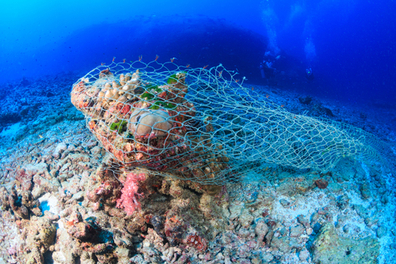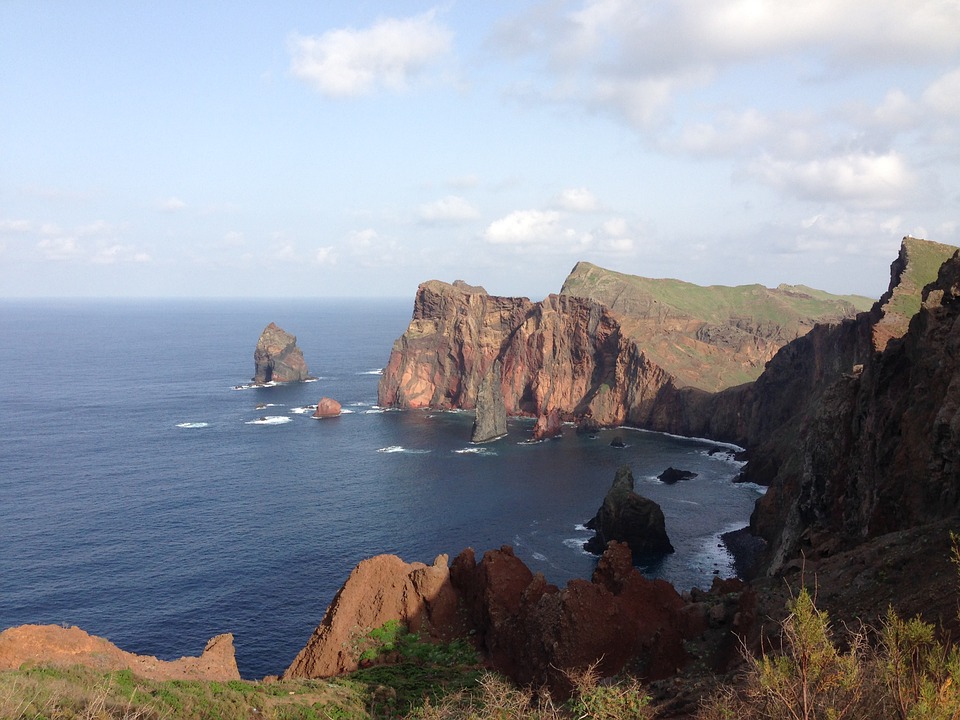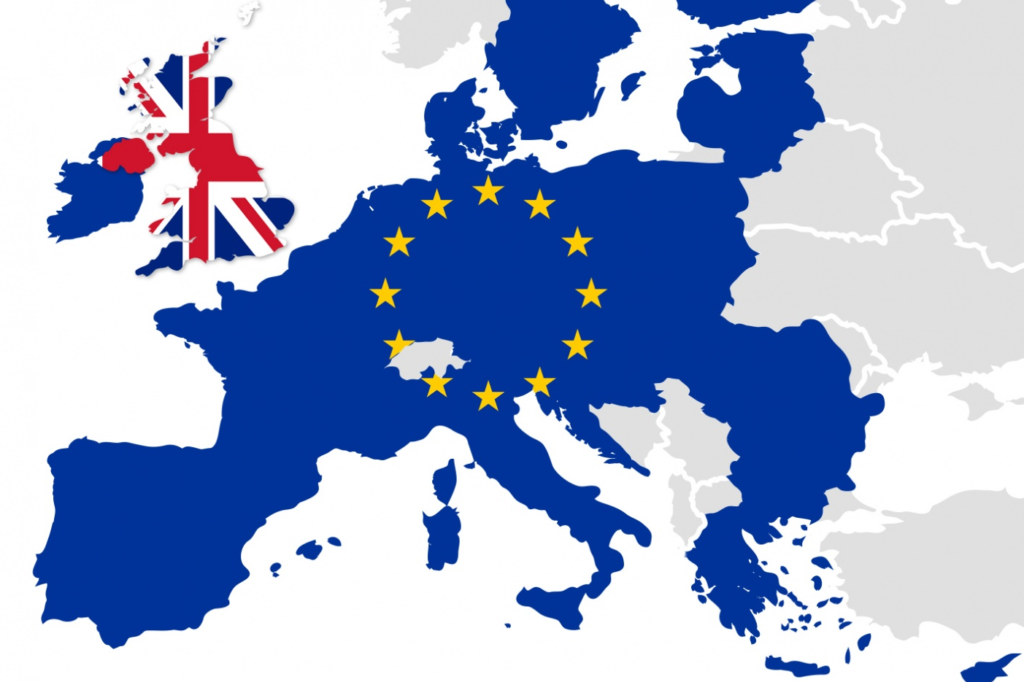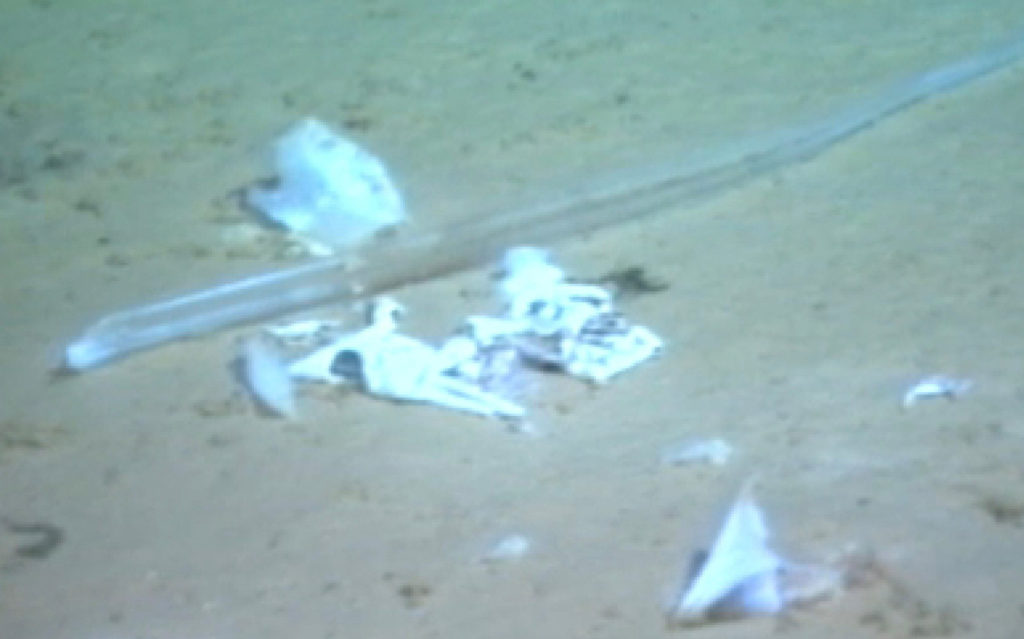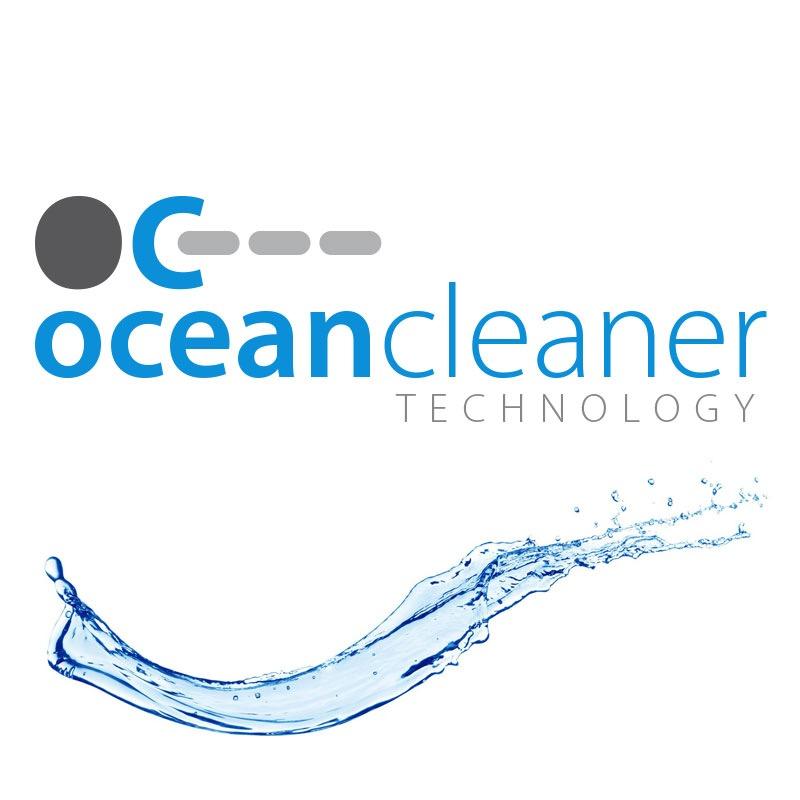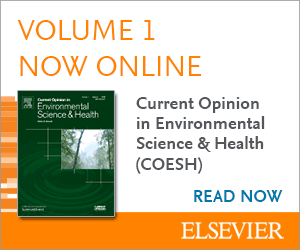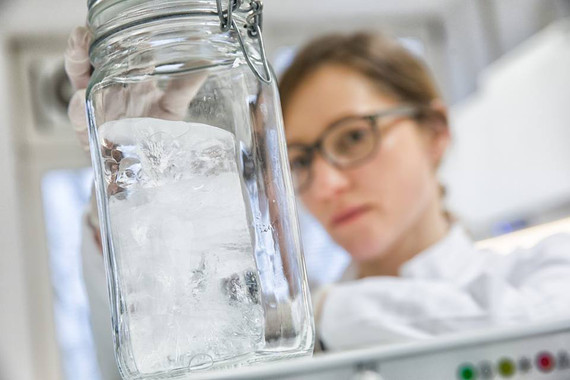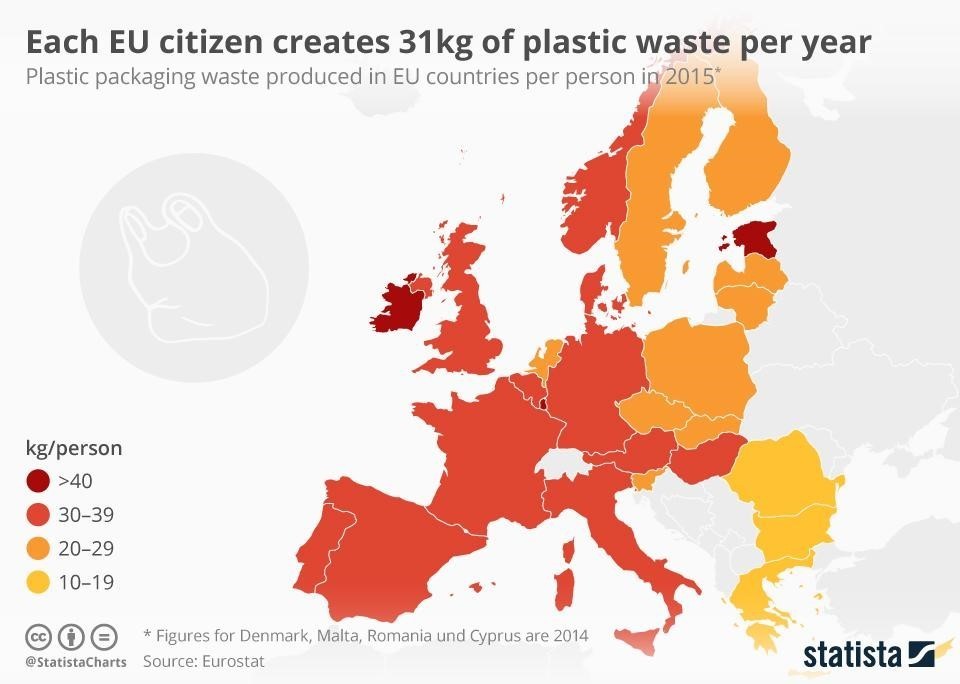New proposal by the EU Commission will tackle marine litter and “ghost fishing”
The European Commission has tabled an important legal proposal to tackle marine litter. By introducing new measures on single use plastics as well as derelict fishing gear, the proposal will contribute to Europe’s transition towards a Circular Economy. Fishing gear (nets, lines, pots, traps…) accounts for 27% of all beach litter. With its proposal, the…
Read more


 PT
PT ES
ES FR
FR